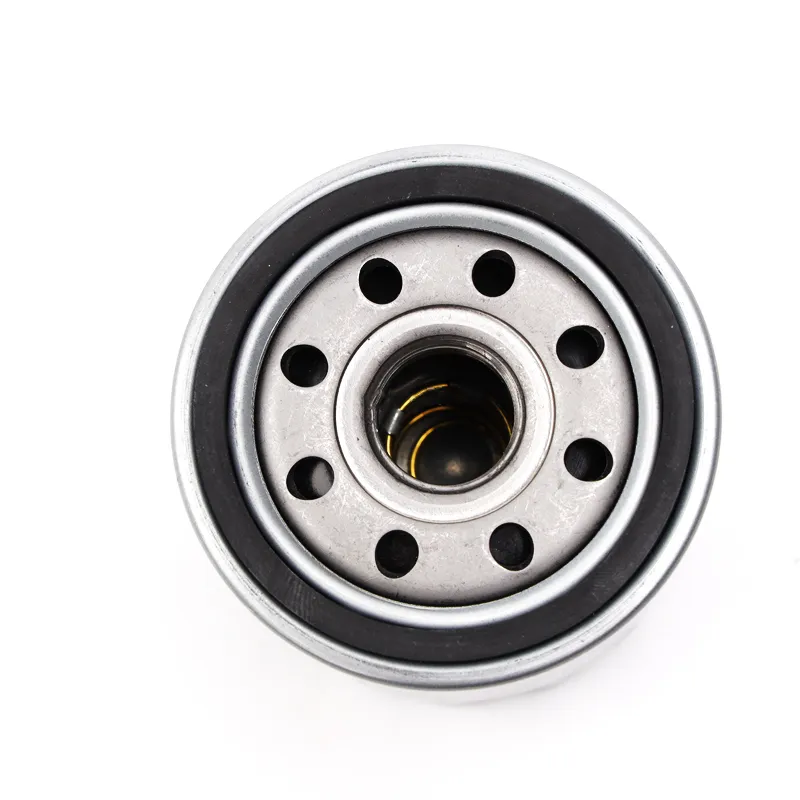Aug . 03, 2024 00:42 Back to list
Exploring the Market Trends and Innovations in Automobile Air Filters in China
The Importance of Automobile Air Filters in China’s Automotive Industry
In recent years, the automotive landscape in China has experienced tremendous growth, establishing the country as one of the largest automobile markets in the world. As the number of vehicles on the roads increases, so does the demand for various automotive components, including air filters. Automobile air filters play a crucial role in maintaining vehicle performance, improving fuel efficiency, and reducing harmful emissions. This article explores the significance of air filters in the automotive sector in China, alongside the challenges and innovations in the industry.
Air filters serve a simple but vital function they clean the air entering the engine and, for cabin filters, the air entering the passenger compartment. The primary purpose of an air filter is to prevent contaminants such as dirt, dust, and debris from entering the engine, which can cause wear and tear, reduced efficiency, and increased emissions. In a country like China, where air quality can be a significant issue due to pollution, the importance of effective air filtration cannot be overstated.
The Importance of Automobile Air Filters in China’s Automotive Industry
In addition to regulatory pressures, consumer awareness has also evolved. More Chinese consumers are becoming conscious of the need for regular maintenance, including changing air filters. This newfound awareness has spurred a burgeoning aftermarket for automotive parts, particularly filters. Many vehicle owners now recognize that neglected air filters can lead to reduced engine efficiency, increased fuel consumption, and a less comfortable cabin environment due to poor air quality.
china automobile air filter

The automotive air filter market in China has witnessed significant innovation in recent years. Manufacturers are focusing on developing advanced materials and designs that enhance filtration efficiency while reducing airflow resistance. For instance, some companies are using synthetic media that provide greater surface area and improved dirt-holding capacity. Additionally, innovations such as electrostatic filters, which can attract and capture smaller particles, are becoming more popular.
Moreover, with the rapid advancement of technology, the integration of smart features into air filtration systems is gaining traction. Sensors can now monitor the condition of air filters and notify drivers when it's time for replacement, ensuring optimal performance. Such technological advancements are not only beneficial for vehicle operation but also contribute to the growing trend of smart and connected vehicles in China.
However, the automotive air filter industry in China also faces challenges. The sheer volume of vehicles on the roads leads to increased competition among manufacturers, resulting in price wars that can compromise product quality. Additionally, supply chain disruptions, particularly in the wake of global events such as the COVID-19 pandemic, have impacted the availability of high-quality materials needed for manufacturing filters.
In conclusion, automobile air filters are an indispensable component of the automotive industry in China. With increasing vehicle ownership, evolving regulatory standards, and a more informed consumer base, the market for automotive air filters is poised for growth. As manufacturers continue to innovate and address challenges, the future of automobile air filters in China will undoubtedly play a critical role in enhancing vehicle performance and promoting better air quality for all.
-
Toyota Corolla Hatchback Cabin Air Filter – High Efficiency & Easy Installation
NewsJul.08,2025
-
Premium Canister Fuel Filter Supplier High Quality Oil Filtration Solutions
NewsJul.08,2025
-
Premium Car Filter Oil Solutions Leading Car Oil Filter Exporter Hyundai Car Oil Filter Exporters
NewsJul.08,2025
-
Buy 17x21x1 Air Filter – Improve Air Quality & HVAC Efficiency Affordable Air & Cabin Air Filter Cost
NewsJul.07,2025
-
High-Performance Filter Element Fuel – Durable, Efficient & Cost-Effective Solutions
NewsJul.07,2025
-
High-Quality Engine Filter and Cabin Filter for Superior Airflow Affordable Cabin and Engine Air Filter Cost
NewsJul.07,2025


